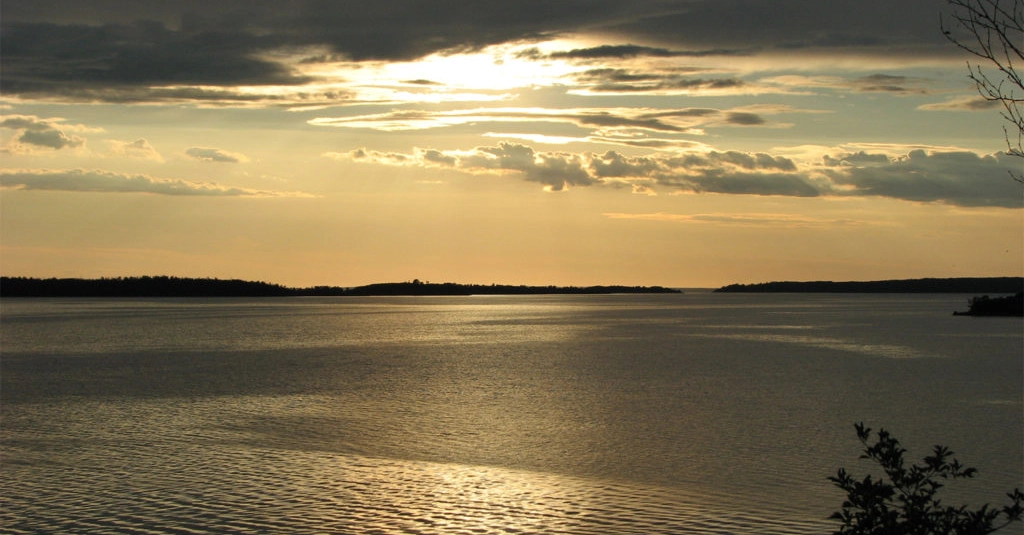Crystal Lameman is a passionate advocate for the protection of natural resources and the preservation of indigenous cultures in current and future generations. She is the current treaty coordinator and communications manager for Beaver Lake Cree Nation. Her work is dedicated to developing sustainable energy ideas and the preservation of traditional lands and treaty rights.
Lameman’s presentation at MacEwan University on Feb. 29 focused on the difficulties faced by indigenous people living on Treaty 6 land, where communities are severely underfunded and are excluded from policy development.
Lameman also spoke of the need for economic sovereignty for First Nations people, and the ability to self-determine. “Article 32 of the United Nations Declaration on the Rights of Indigenous Peoples states that ‘Indigenous peoples have the right to determine and develop the priorities and strategies for the development or use of the lands, territories, and resources,’” Lameman said.
The difficulties the Beaver Lake Cree Nation faces are tragic. Oil spills are contaminating the groundwater that First Nations people depend on for drinking and cooking food, among other basic needs.
“I didn’t come here to sell you anything. I came here to tell you the truth . . . and the truth of the matter is that people are dying,” Lameman said.
First Nations people are experiencing devastating losses. In one year, the Beaver Lake Cree Nation lost five young men to suicide, according to Lameman. Through the oil and gas industry’s destruction of traditional treaty lands, the Beaver Lake Cree people are losing their hope for the future and beginning to lose almost all of their traditional ways of life.
“Our babies are being airlifted to the U of A for drinking contaminated water,” Lameman said.
The cry for economic sovereignty was the main point of Lameman’s presentation, as well as the Beaver Lake Cree Nation’s fight against Alberta and Canada to stop the destruction of the environment on their lands. The “tar sands trial” is Beaver Lake Cree Nation’s distress call, as their water, wildlife, and land are being destroyed almost beyond repair — without their consent. To read more, go to thetarsandstrial.ca.
The Beaver Lake Cree Nation’s lands are almost completely overrun by the oil industry. “Beaver Lake Cree’s traditional territory spans 38,972 square kilometres, [and] 34,773 square kilometres of that is oil and gas well sites,” Lameman said.
The “tar sands trial” has shown that indigenous rights are one of the last legally binding strongholds preventing the expansion of the oil and gas industry. However, that is not the ultimate goal of the Beaver Lake Cree people. Their ultimate goal is to regain their right to self-determine, according to Lameman.
“Honour those who came before us, meeting the needs of the present generations, not compromising the future,” said Lameman, “so that the coming generations are able to meet their own needs and guide our vision and renew each cycle of life.”
Photo of Lac La Biche by Ceasol, Flickr Creative Commons.





0 Comments